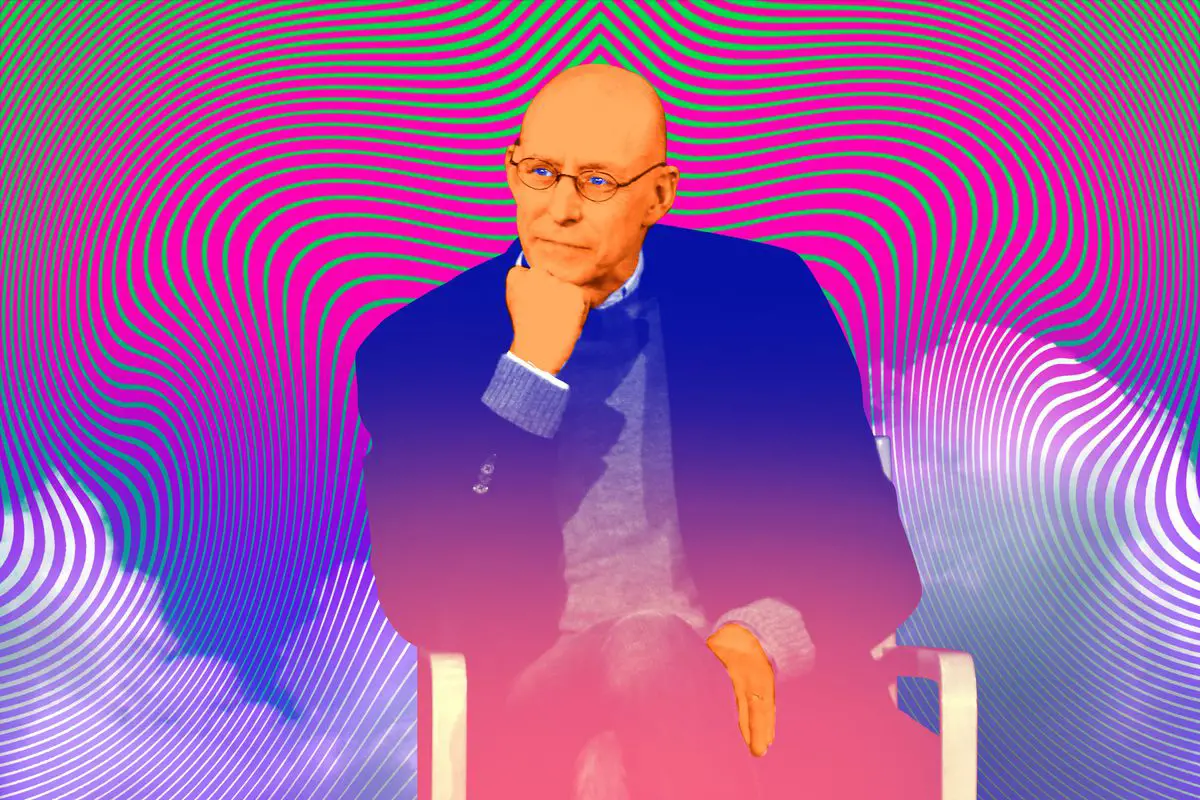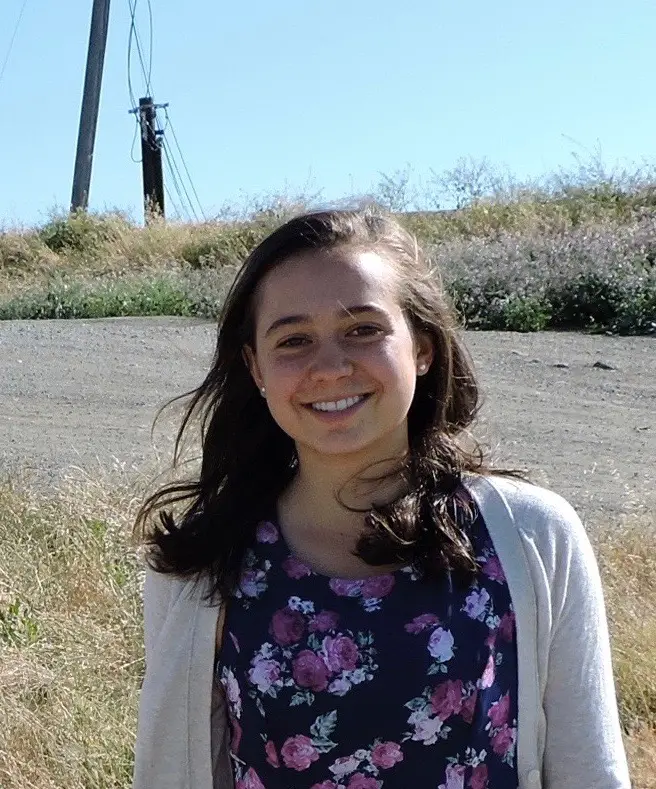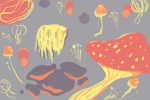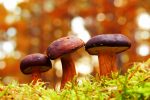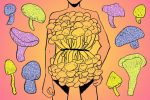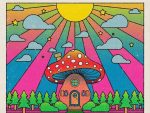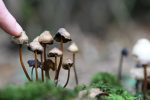It’s 2018, and LSD is an obsolete hippie schedule 1 drug that is often used as a scare-tactic in high school health class anti-drug units, but deep under the social stigma surrounding hallucinogens lies an enormous amount of hidden research and unlimited potential.
While results are varied, certain psychedelic drugs could change the world for good. In “How to Change Your Mind: What the New Science of Psychedelics Teaches Us About Consciousness, Dying, Addiction, Depression, and Transcendence,” author Michael Pollan takes readers on a mind-altering trip through dusty archives of history and the human consciousness.
“How to Change Your Mind” provides a compelling history and window into the foreseeable future for psychedelics in society. Recognized among both academic and lay audiences for his revolutionary analysis of the modern food system in “The Omnivore’s Dilemma” (2006), among other books, Pollan now argues that highly taboo Woodstock-era drugs are far more than recreationally-used bad choices and actually possess great capability to benefit people.
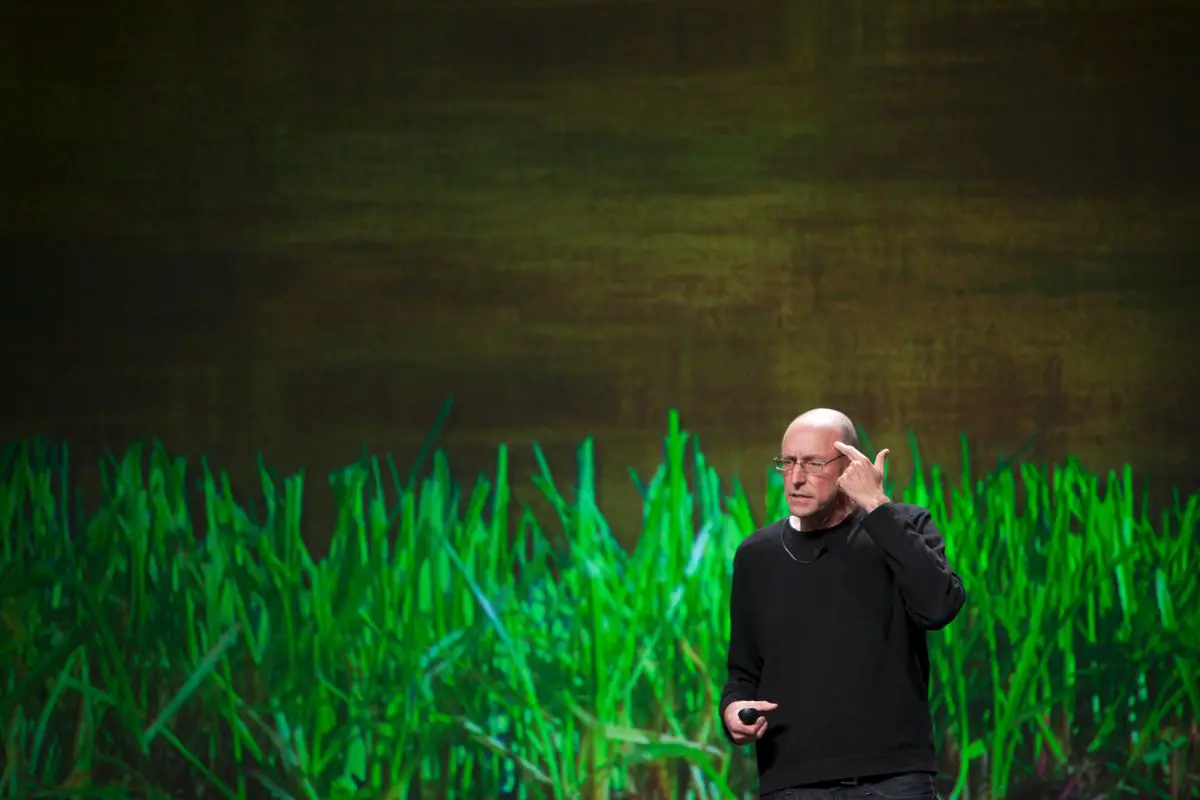
The book dives right into the background, game-changing discoveries and surprising positive characteristics of psychedelics. Pollan assumes the role of objective reporter and curious guinea-pig to cover the subject from both the outside and the inside in this impressive piece of investigative journalism.
As part of the comprehensive psychedelic family history, Pollan explains that when LSD was first conceived in the 1940s, excited researchers believed that the newborn drug held the key to a psychological revolution and could reveal new truths about the human mind to benefit recovering addicts and the mentally ill. During the following 15 years, LSD was used to treat thousands of alcoholics in the United States and Canada with varied, but mostly successful results.
Therapeutic sessions with LSD reported success rates of around 70 percent for treating anxiety neurosis, 62 percent for depression and 42 percent for OCD. Still, success depended heavily on the environment of the treatment. Just giving someone some LSD with no preamble or guidance was a disaster waiting to happen.
In the 1960s, fierce backlash against the counter-culture and recreational drug use arose. A man named Timothy Leary began studying the psychedelics at Harvard, but became increasingly impatient with the slow-paced research. Meanwhile, many members of the older generation of the time did not understand the rising culture of drug use and reacted with fear and panic. President Richard Nixon called Leary, who was already a washed-up psychology professor and advocate for LSD, “the most dangerous man in America.” Leary’s project was not the sole reason for the backlash, but he received most of the blame. Future research soon became prohibited.
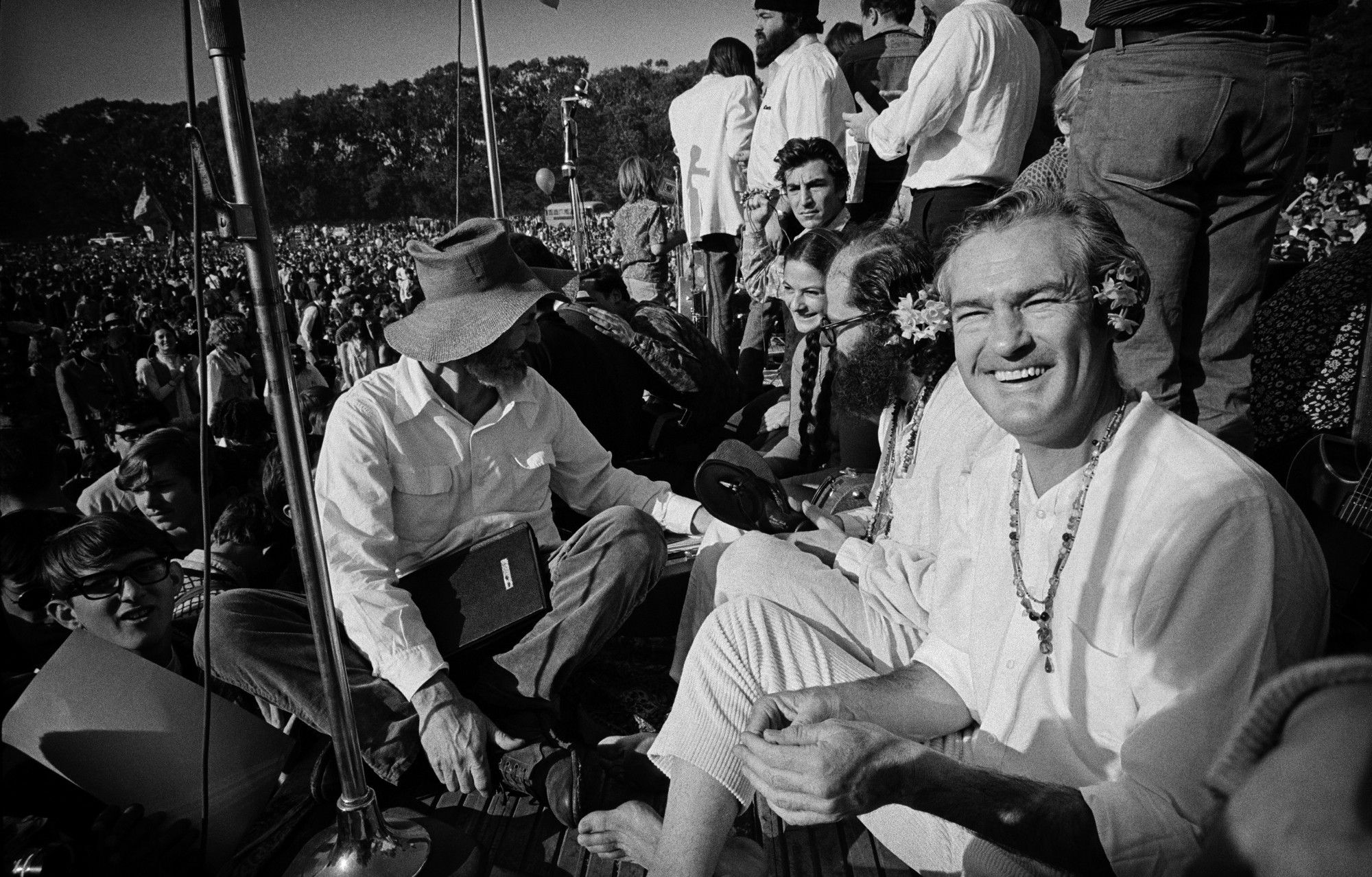
Pollan’s research, which details the early lives of other psychedelics besides LSD, is exhaustively thorough, but he does not stop there. With the assistance of professionals both underground and in legitimized laboratories, Pollan samples four different psychedelics: psilocybin (mushrooms), LSD (lysergic acid dethylamide), DMT (dimethyltryptamine) and ayahuasca (Brazilian plant compound). Having never experimented with the drugs during his youth, Pollan is an apprehensive explorer in a mysterious world, but still concluded that psychedelics provide intensely mystical and truly life-changing experiences.
Pollan discusses his adventure with psychedelic drugs and related research on the Tim Ferriss Show. The engaging podcast is a perfect introduction to Pollan’s work for those who are curious about the subject, but hesitant to start the 480-page book.
His first serious foray into the hallucinogenic world began with a year-long project researching psilocybin back in 2015. Talking to cancer patients about the single experience they had undergone with a high dose of psilocybin administered in a controlled setting, he discovered that nearly all of the patients reported a mystical experience that had dissolved their egos, helped them rediscover their place in the world and remarkably vanquished their apprehension about death.
The story of one woman, which Pollan first wrote about in his subsequent article in the New Yorker, is particularly striking. The woman had ovarian cancer in remission and was terrified by the possibility of its return. During her psilocybin episode, she experienced the sensation of entering her body with her mind and encountered a black mass below her rib cage. The mass was not her tumor as it wasn’t in her ovaries, instead it was her fear. She screamed at it, “Get the fuck out of her body!” Then it vanished. She returned from the psychedelic experience, and her fear was gone.
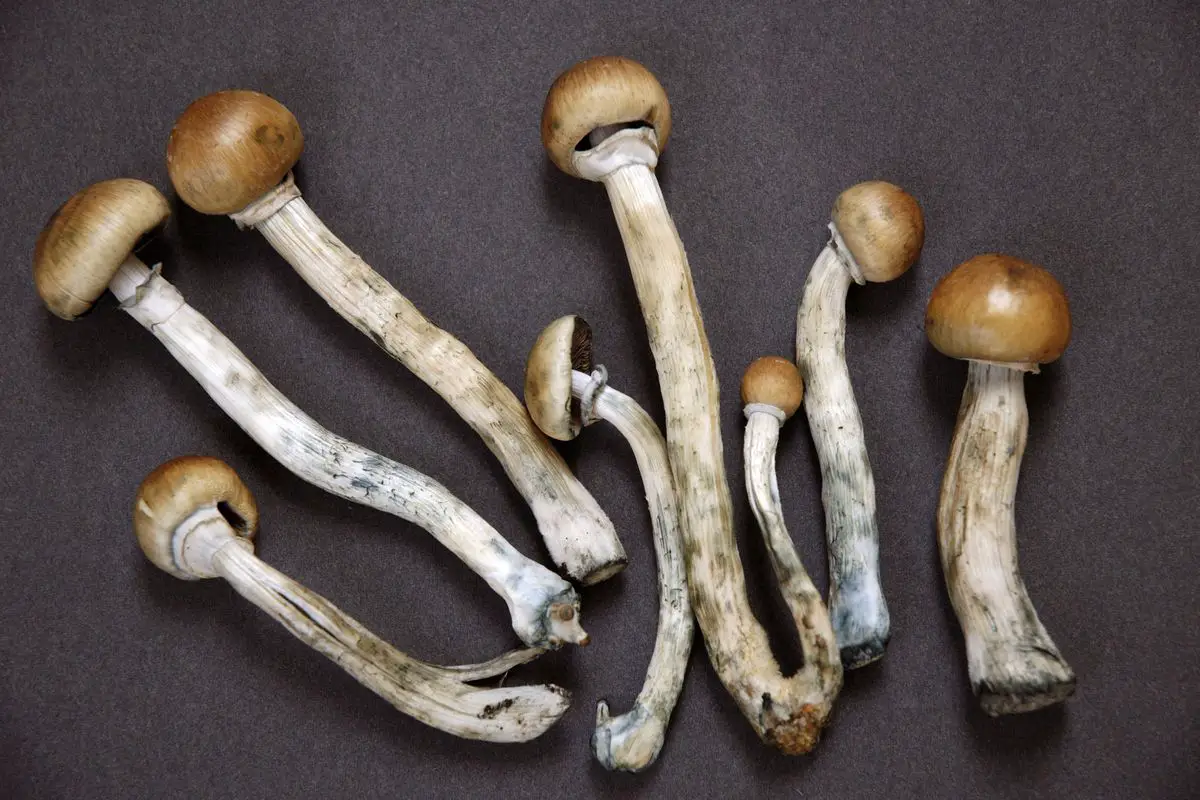
Although his project culminated with the publishing of his story, Pollan realized that he’d only brushed the surface of psychedelic research and potential. He soon discovered that the possibility for the use of psychedelics in health care exists not only as a hypothetical theory, but also as a tangible field for practical use. The therapeutic advantages of psychedelics can be separated from pure fanatical trips to provide incredible experiences for the dying and seriously ill.
When psychedelic moments are directed correctly, ‘trips’ have the potential to provide incredible relief for a variety of mental illness. Brain scans have revealed that the default mode network — the portion of the brain that conducts all brain activity, and when overactive can result in depression or social phobias — is turned off during a psychedelic experience, allowing regions of the brain that don’t usually communicate with each other to converse and let the drug effectively rewire the brain. The ego temporally relinquishes control, and the unregulated unconsciousness enters an observable space in a process surprisingly similar to experienced meditation.
One of the more powerful capabilities of psychedelics is their power to eliminate fear. Studies reveal that a single guided Psilocybin session is enough to remove depression from as many as 80 percent of cancer patients.
Many people have trouble believing it, but psychedelics are remarkably safe drugs. There is no known lethal dose of psilocybin and LSD. If the drug kills the user, it’s not because the dose is toxic, but because the person did something foolish while under the influence. Only when people take hallucinogens inattentively do they have accidents.
Psychedelics may be the best-known hope for the treatment of mental illnesses, but they will not provide a panacea. Pharmaceutical companies may not be interested in pursuing psychedelics, and society may not be willing to accept them. One of Pollan’s strengths in “How to Change Your Mind” is that he is willing to steer away from the tendency of science writing to fixate on materialist explanations as the only means of finding solutions, and instead paints a revolutionary picture; however, that painting alone is not going to be enough to change the mind of society.
In this groundbreaking May release, Pollan serves as travel guide and spiritual pilgrim to navigate through consciousness and society and reveal the hidden magic of psychedelics. No matter what you may assume you already know about drugs, “How to Change Your Mind” might change your mind.


